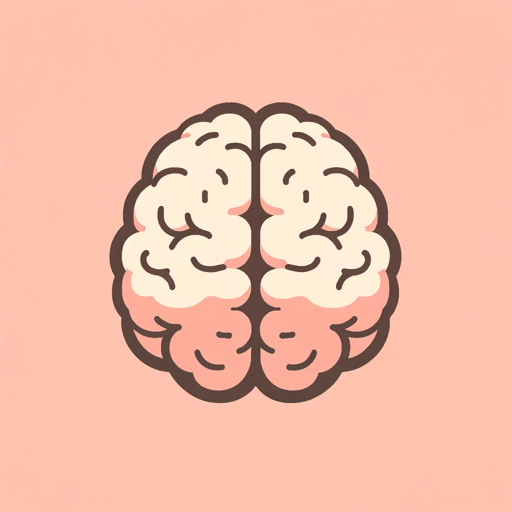37 pages • 1 hour read
Jennifer L. Eberhardt, PhDBiased: Uncovering the Hidden Prejudice That Shapes What We See, Think, and Do
Nonfiction | Book | Adult | Published in 2019A modern alternative to SparkNotes and CliffsNotes, SuperSummary offers high-quality Study Guides with detailed chapter summaries and analysis of major themes, characters, and more.
Summary and Study Guide
Overview
Published in 2019, Jennifer Eberhardt’s Biased: Uncovering the Hidden Prejudice That Shapes What We See, Think, and Do received critical acclaim. Biased explores how implicit racial bias affects humans’ unconscious choices and impacts every aspect of their lives, including housing, education, employment, and criminal justice. Eberhardt holds a PhD from Harvard University and is a social psychologist at Stanford University.
Summary
Biased: Uncovering the Hidden Prejudice That Shapes What We See, Think, and Do by Jennifer L. Eberhardt, PhD, explores the ways implicit bias permeates decisions, actions, and culture. Biased examines the modern implications of bias in an eloquent argument which balances personal stories and grounded research. Her work as a consultant for law enforcement districts and her experiences as a researcher make her uniquely qualified to speak on the complex issues that capture news feeds and social media posts.
People act and are influenced by prejudice and stereotypes without realizing it, a product of their implicit bias. Eberhardt’s work investigates how the brain engages in natural functioning that can affect and skew how people view the world and those around them. She uses research and neuroscience to study how bias influences every aspect of life, including criminal justice, housing, and employment. She makes a case for education and action to combat implicit bias and its myriad negative effects.
Eberhardt’s analysis provides a thorough and modern take on bias and positions her ideas within the deeply polarized and conflicted social and historical context of its time. By showing how bias can act without consciousness, she provides an objective place to begin dismantling those modes of thinking and to question what lies beneath behaviors.

